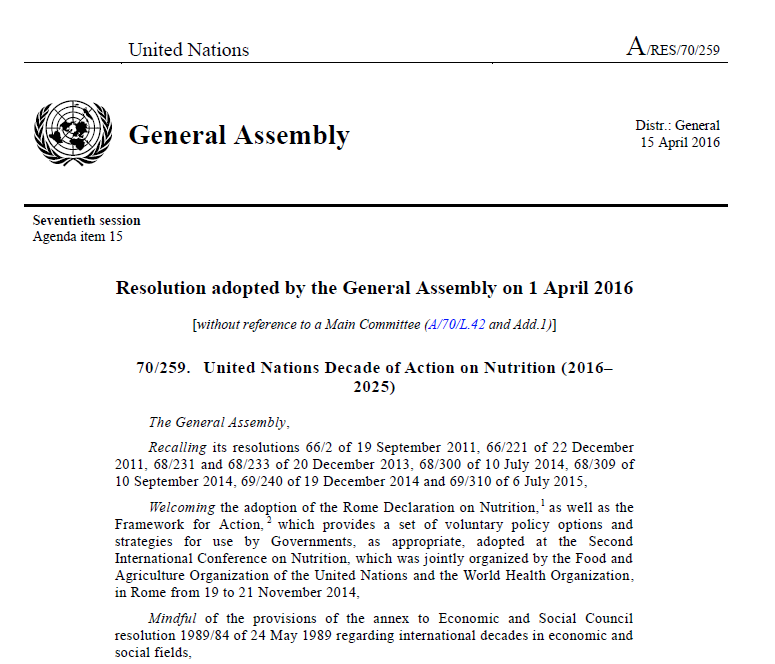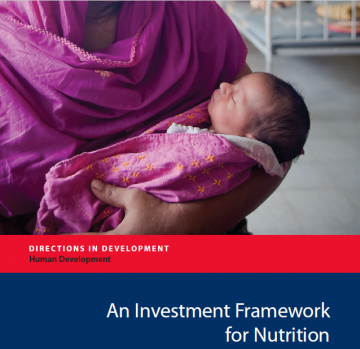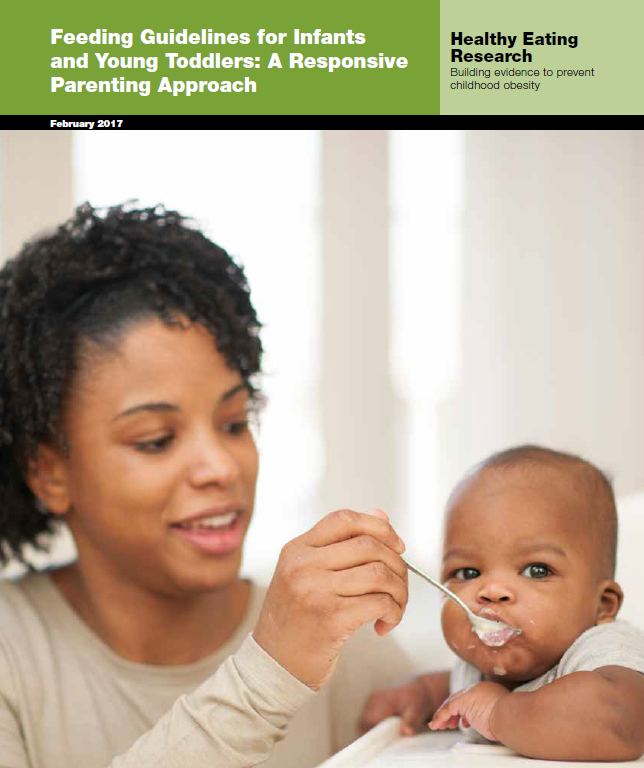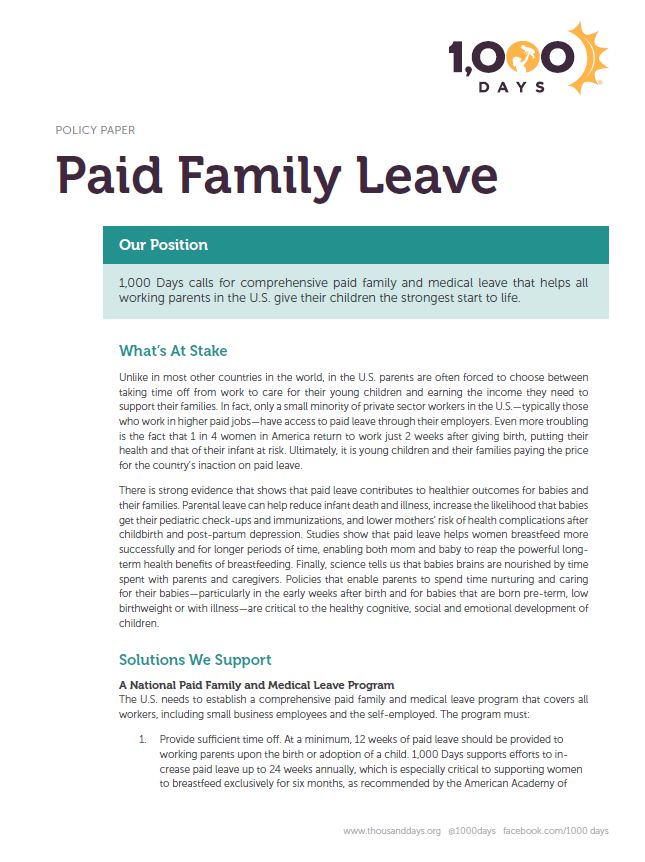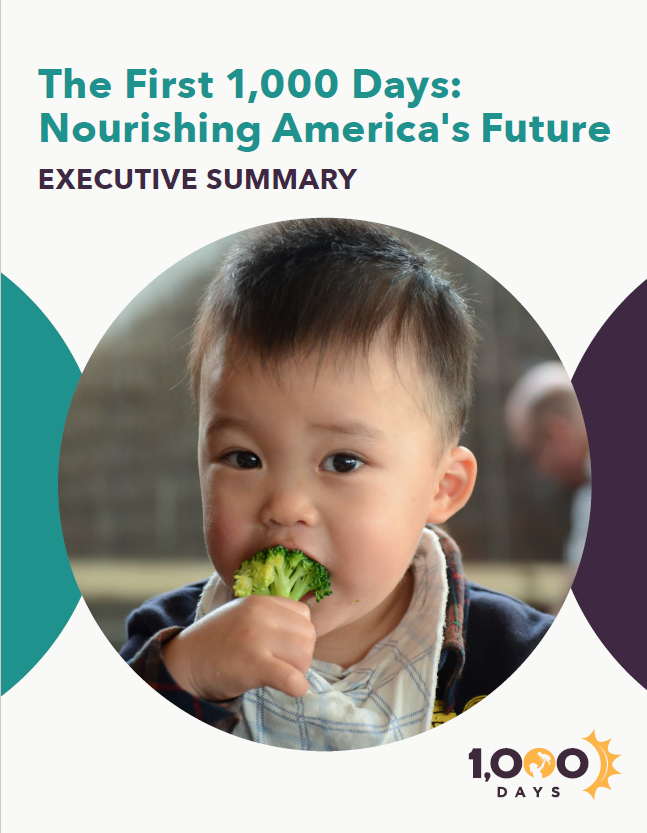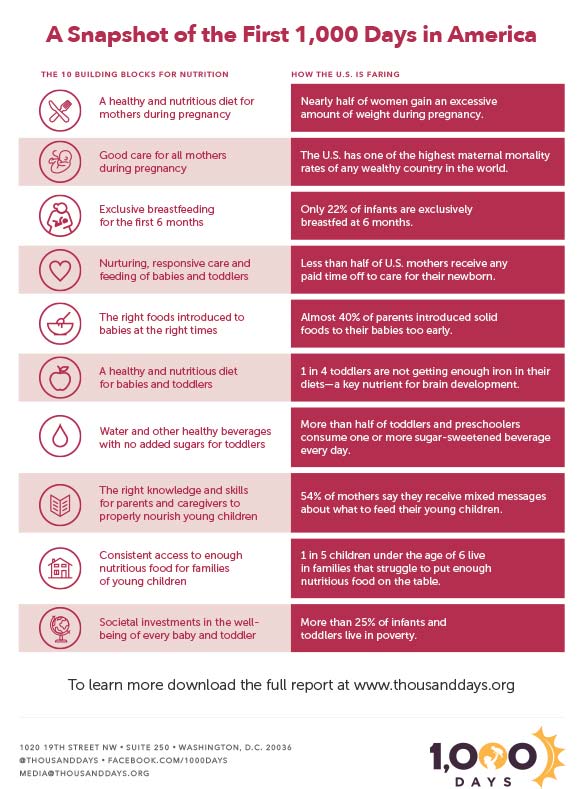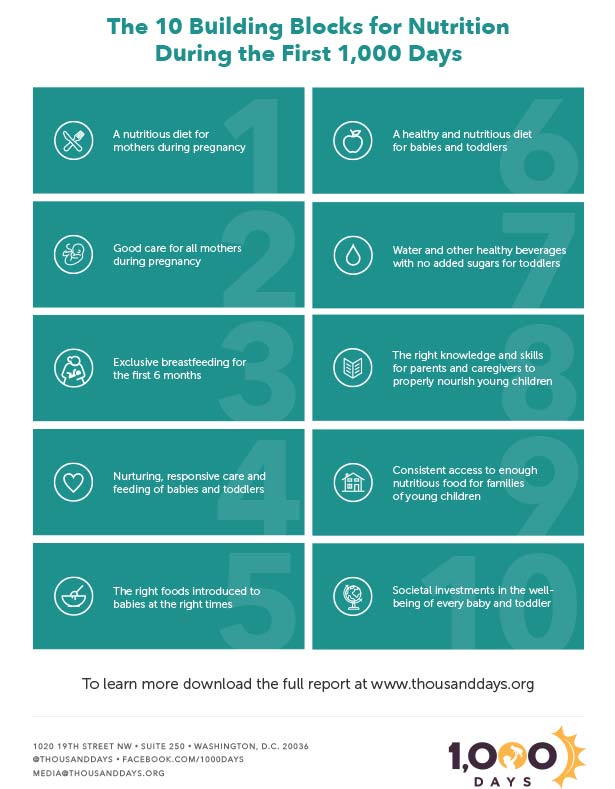Early life diet and feeding behaviors play an important role in establishing healthy food preferences and behaviors and are crucial for preventing childhood overweight and obesity. This report presents evidence-based recommendations for promoting healthy nutrition and feeding patterns for infants and toddlers from birth to 24 months, with an emphasis on dietary quality, portion sizes, and mealtime environment. Physical activity, soothing, and sleep are also discussed in the report, as they have also been shown to influence early life feeding behaviors and weight outcomes. These guidelines were developed by an expert panel convened by Healthy Eating Research, a national program of the Robert Wood Johnson Foundation. They are based on current scientific evidence related to responsive parenting practices. The aim of the guidelines is to empower caregivers to address the nutrition and well-being of infants and toddlers by offering them healthier food and beverage options in response to their behavioral cues. The guidelines can be used by parents and caregivers in the home, as well as be applied in child-care settings where many infants and toddlers are served.

